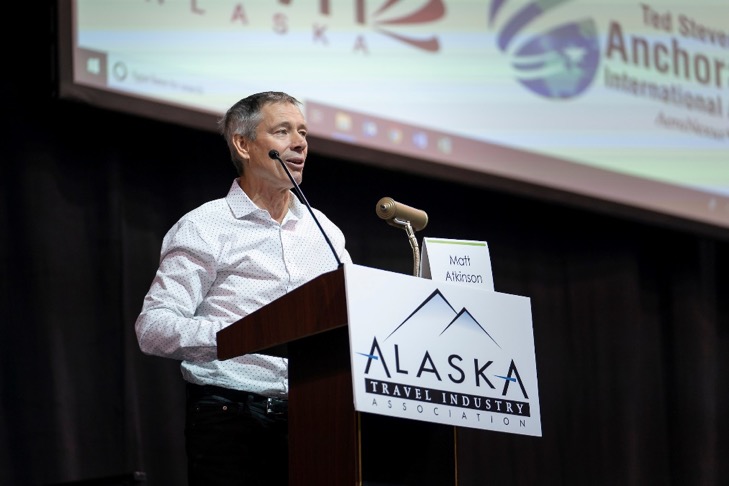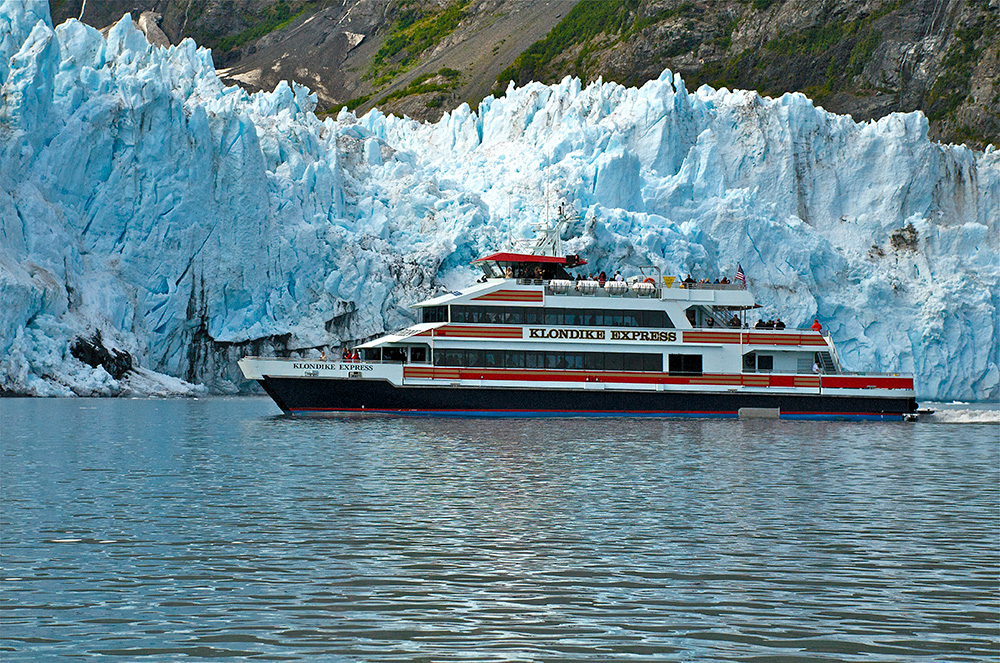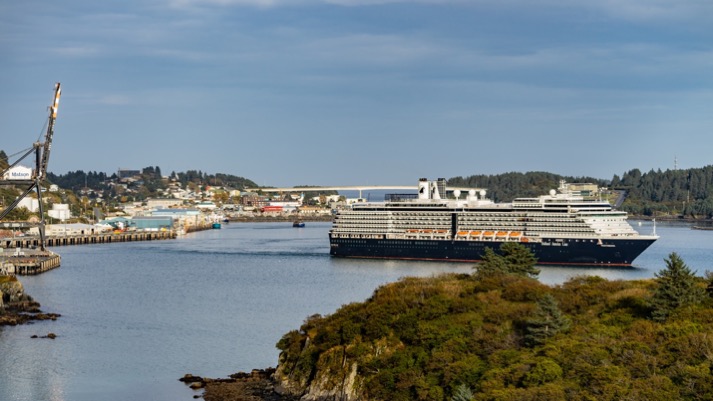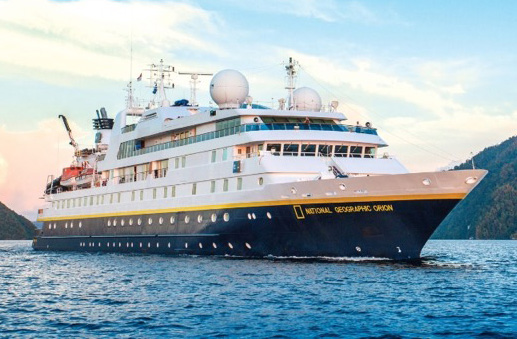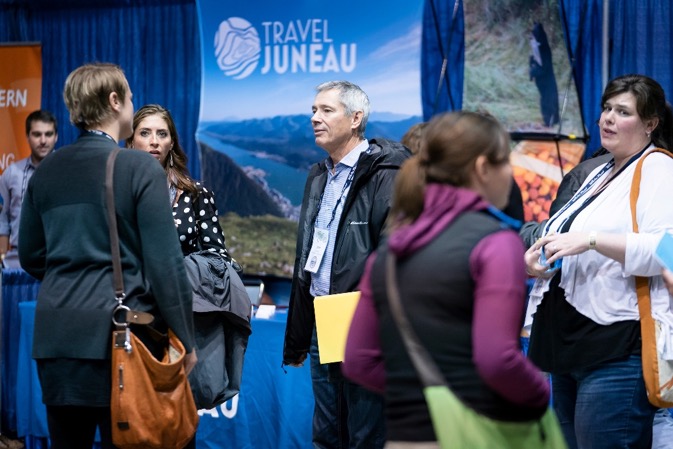
[Last month], hundreds of visitor-industry professionals gathered at the Westmark Hotel [in Fairbanks] and frequented locations around town, discussing the present and future of Alaska tourism. The industry representatives — who, in a fun bit of serendipity, [gave] a direct boost to our town’s visitor and service industries — [participated] in the Alaska Travel Industry Association’s annual convention. For Alaska, and for Fairbanks in particular, tourism is a more important industry than ever.
It’s not hard to find the weakness underlying the state’s — and the Interior’s — economies: a dependence on oil revenues for the vast majority of state revenue. In Fairbanks, though there aren’t as many direct jobs in the oil and gas industry, a significant percentage of economic activity revolves around the oilfield. Whether in the form of unions who depend on North Slope construction and maintenance jobs, trucking up and down the Dalton Highway or other associated services, the livelihoods of many local families are pinned to oil and gas development. Even the University of Alaska Fairbanks, which provides thousands of local jobs, is dependent on state funds largely generated by oil production. While it’s been a profitable industry for Alaska, state leaders and economists are well aware that pinning our fortunes on a single industry is a bad idea in the long term — especially as production has been declining for two and a half decades.
What’s necessary for greater economic stability is a broader revenue base upon which to support the state’s future. Instead of the famous “three-legged stool” (oil, federal spending and all other industries) model of Alaska’s economy, the more we can develop other industries, the better chance we stand of the stool not tipping over when one leg weakens. Tourism is a great way to help make that happen.
This isn’t to say that the visitor industry can supplant oil or replace all the revenue being lost as production continues its slow slide. But every new tourism dollar brought into the state offsets one lost in declining oil production, and tourism — like oil production — has powerful secondary and tertiary economic impacts. More visitors to Alaska also means more money brought directly into Alaska, helping offset the more common outflow of money as residents spend money on goods transported into the state.
The direct spending injection is powerful, and it becomes even more so when visitors shop at local businesses, keeping money circulating within our communities. To visitors and tour operators alike, we appeal to support shopping local. And to local businesses, we ask that you be welcoming and appreciative of our guests, so they’re inclined not only to spend time and money here but to go home and tell friends and relatives they should do the same.
Diversifying our state’s economy won’t happen overnight, and it will be hard to make up for the vast sums oil has contributed to Alaska’s bottom line. But every bit helps, and as the Alaska travel industry continues to recover and expand after the lows of the recession in 2009, it’s great to see tourism taking on an expanded role in our state’s economy. We hope those in town for the ATIA convention had an excellent week, and that they go forth motivated to share our state’s beauty with even more people in the coming year.
Source: Fairbanks Daily News-Miner Editorial
